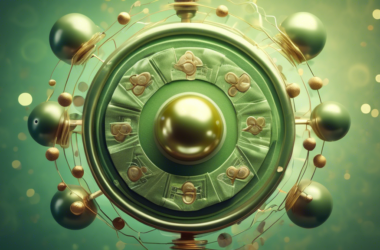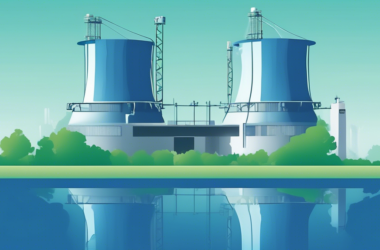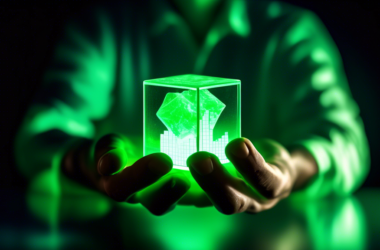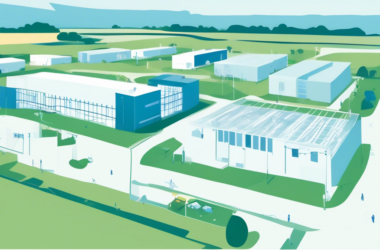The future of nuclear power is shaping up to be powered by high-assay low-enriched uranium (HALEU), a specialized type of fuel that is gaining popularity among governments, energy companies, and nuclear engineers. Companies in the United States are developing new advanced nuclear reactors that rely on HALEU to generate power more efficiently and safely.
One such company leading the way is TerraPower, founded by Bill Gates, which recently broke ground on a new reactor fueled by HALEU. However, the United States currently lacks a sufficient supply of HALEU fuel to meet the demand for these new reactors. The Department of Energy is working to secure a reliable source of HALEU while funding the development of advanced reactors.
HALEU contains a higher proportion of uranium-235, a fissile isotope that releases energy when split. While traditional reactor-grade uranium contains 3-5% uranium-235, HALEU falls between 5-20%. This unique composition allows for more energy-efficient reactor designs that can improve safety and reduce construction costs.
Despite its potential for advancing clean energy goals, there are concerns about the dual-use nature of HALEU. Scientists caution that HALEU could be used to produce nuclear weapons, posing a security risk. Countries that currently do not possess nuclear weapons could exploit HALEU to develop them, or terrorist groups could acquire the material for malicious purposes.
As efforts to produce HALEU ramp up in the United States and other countries, ensuring strict security measures and international cooperation will be crucial in managing the risks associated with this promising yet potentially dangerous fuel source.










